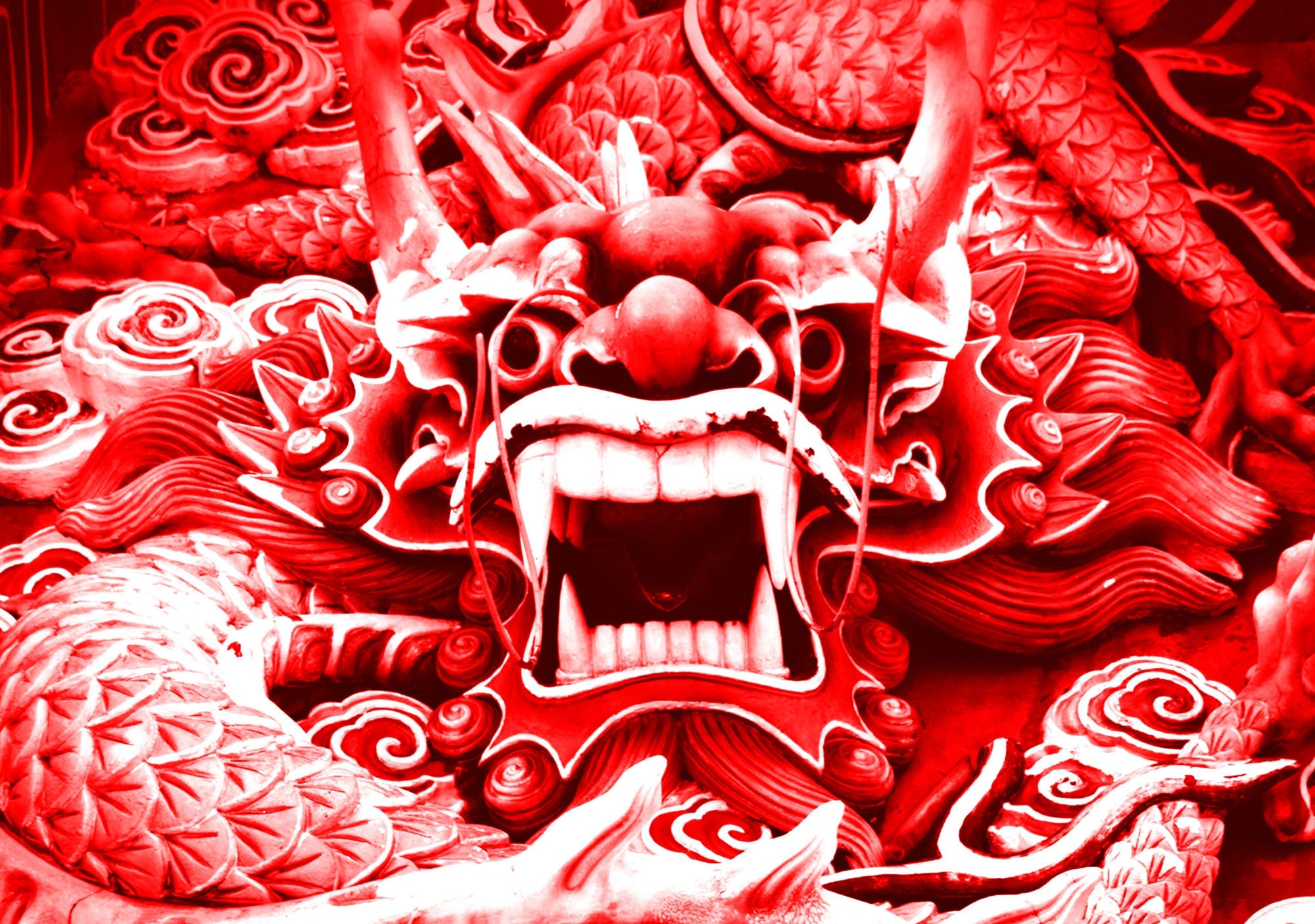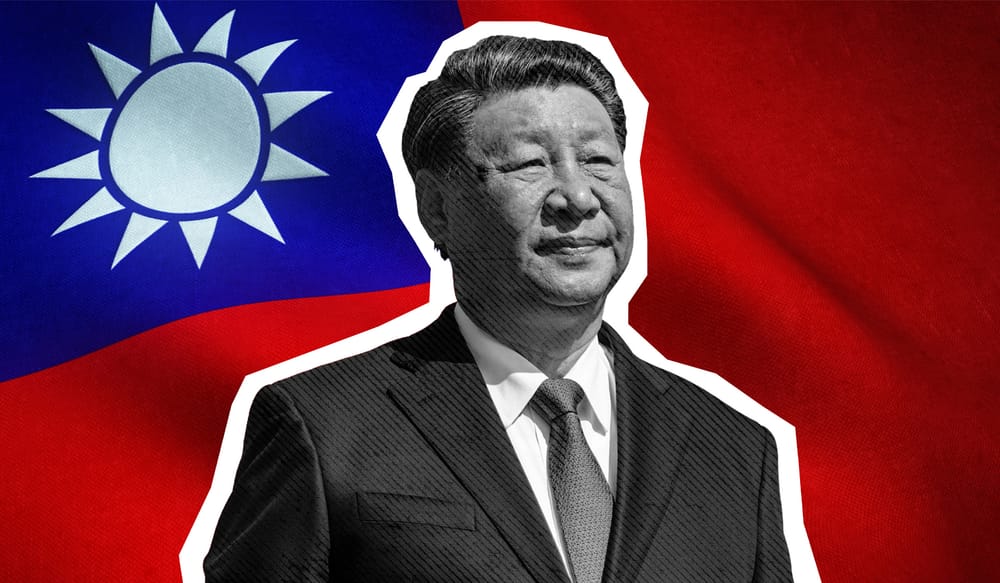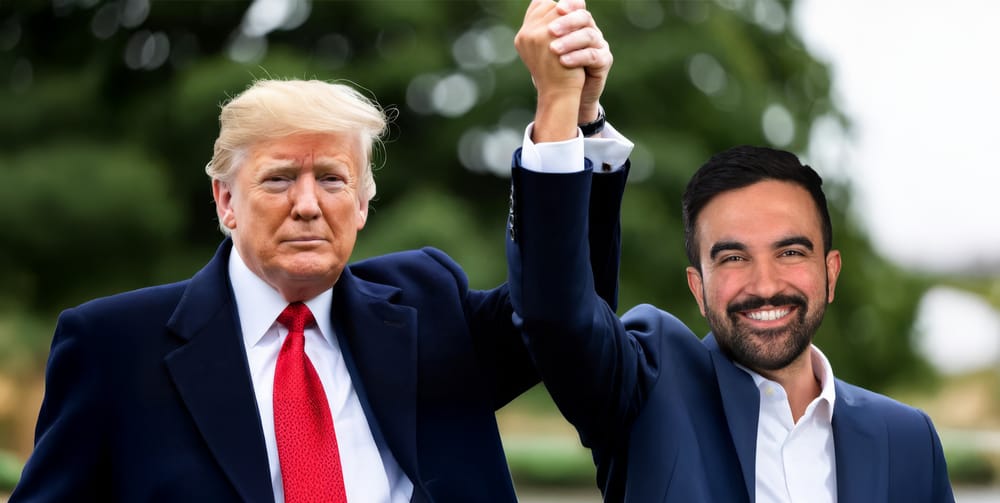If anybody thought Beijing's assurances that it does not seek dominance over others but simply wants to be a respected and valued member of the international community are genuine, then these hopes surely have just been dispelled.
Foreign offensive
Ever since the arrest of Meng Wanzhou, CFO of Huawei and daughter of the founder Ren Zhengfei in Vancouver in December last year (at the request of USA pursuing fraud charges against her) Canada has had a tough time dealing with PRC.

In yet another crude attempt at exerting international pressure, China detained as many as 13 Canadian citizens, some on highly questionable espionage charges, while also cutting imports of certain Canadian commodities.
For a country that is now heartily assuring that both it and its companies respect the laws of other states, it is quite a brazen attempt at breaking them.
As if it wasn't enough, someone in Beijing thought that it's a good idea to be even more arrogant. And so Geng Shuang, foreign ministry spokesman no-less, has just made a not-so-veiled threat to an independent, sovereign country: “We hope that the Canadian side will come to understand the full consequences of pulling chestnuts from the fire on behalf of the United States, and not inflict more harm on themselves.”
You would expect to hear something like this from a street thug about to mug a passerby - not a high ranking diplomat of a supposedly civilized country.
Do what we demand – or else. Impudence of this statement is really quite unheard of in foreign relations. Even the Russians, known for their brash actions, are apt at a very slick choice of words, weaving them into elaborate statements that fit their narrative (even as the rest of the world is quite aware of the facts). It turns out that the Chinese are already so blindly proud that they do not bother with niceties.
Instead of pursuing a legal path to clear the accused Huawei CFO, Beijing chose blackmail.
In other words, China treats Canada like one of its provinces. Leaders in Beijing believe they can assault and control other states like they do their own people - by threats, detention on bogus charges, deprivation of business deals and even brute force (like in the South China Sea).
These demands are a clear warning sign to everybody else in the world. Should you find yourself in disagreement with Beijing, that's the treatment you might as well expect – harassment, economic damage or worse.
China has become increasingly less concerned with hiding its disregard for sovereignty of other countries and begins to treat them like it did in the past – as second-rate outsiders or vassals who are expected to submit to the emperor in Beijing.
While its first victims happen to be in its nearest periphery, its assault on Canada shows that no distance will stop it from reaching for remorseless extortion.

Not all under heaven
In the ancient Chinese idea of the role of its imperial court, the rule of the known world was in the hands of the emperor. While the Chinese did recognize existence of foreign countries and peoples, they treated them as mere barbarians, ultimately serving a tributary role to the ruler of the Middle Kingdom.
It appears that current leaders aim to reinstate that order of the world in which China plays a dominant and central role while other countries submit to its grandeur and, depending on their stance towards Beijing, would either generously be given scraps from the imperial table or punished for disobedience (much like is now the case with Canada).
But for all their might, Chinese have believed in their power far too early.
China may be the world's most populous country but accounts only for less than 20% of the global population. Its economy amounts to only about 15% of the Global GDP. What it means is that, quite simply, about 85% of the world is not – and will not be – Chinese.
Within 5 to 10 years it is going to be overtaken by India and by 2050 the gap between the two countries could grow to over 200 million people. At the same time Chinese society is going to age a lot more rapidly. It is expected that seniors aged 60 and more are going to make up 1/3rd of its population compared to 1/5th in India or about 1/4th in the USA.
And while many have already written off the United States as a superpower in decline, the reality may not be so rosy for Beijing either.
By 2060 Chinese workforce – currently five times the size of American - will be just three times as large.
These estimates come from Bloomberg's piece published in March this year, about Chinese GDP projections and when the Middle Kingdom might overtake America as the largest economy. It turns out it may happen in the next decade or... never, depending on the data set you extrapolate over long term.
But it isn't even all that meaningful whether or when China might outgrow America. The most important fact is that even if it happens, it won't be all that much bigger and it's going to take a long time before it gets there, while new internal challenges are going to mount - with a much larger population to provide for, relatively smaller workforce and large numbers of pensioners.
In other words, China will turn old and slow, before it can get wealthy.
Or powerful.
USA currently operates the only fleet of aircraft supercarriers with a displacement of 100,000 tons per ship and is in the process of upgrading all eleven of them to the brand new Ford-class vessels.
China has only just started development of a comparable ship, which may enter service only in late 2020s. Before it can construct more of them and incorporate them effectively into its fleet, another 10 to 20 years will pass. Realistically we're talking about 2050s before it could, at least on paper, match the military power projection capabilities of Washington. In practice it may take much longer, as the US simply has a lot more experience in international deployments.
The paper tiger that needs the world
The term "paper tiger" was coined by Mao himself, in reference to the US in the late 40s and 50s. Ironically, it seems that today it fits modern China really well.

On the surface, it appears to be increasingly more powerful. A global superpower to rival the US on equal terms.
But as it is ascending in the world, it seems that its recent successes and global fawning over its impressive rise have clouded the judgment of its leadership. Arrogance of its diplomats isn't exactly news but making public threats against another country to coerce it to bend to Beijing's will is quite a landmark moment. And it has come while the Middle Kingdom is about to face increasingly steeper challenges in the years to come.
China needs the world now more than ever.
With a quickly ageing society, it cannot rely on internal self-sufficiency to sustain its growth - it needs to trade with the world. And yet its response to demands for equal treatment of foreign businesses is pride and arrogance reminiscent of the disgraced Qing dynasty.
China's assurances that it is a responsible country in a multipolar world don't sound very convincing in the light of its actions and statements.
Making public threats against other sovereign nations is not only irresponsible and harmful to Chinese interests. It also exposes their fundamental weaknesses, as China lacks the muscle to do much harm at such a distance, and blindness, as Beijing effectively demanded Canada to pick sides between he US - much larger and directly neighboring economy - and them, lying far away and not nearly as big both in absolute and relative terms.
Why would the Canadians ever pick Beijing over Washington?
There's not a single reason for them to do this and so Chinese blackmail may only result in a much closer cooperation between the two allies.
The West - including USA - has its own problems to face in the nearest future - mainly the financial unsustainability of its social welfare. But China, for all the advantages of its authoritarian, technocratic governance, seems to have grown blind to its own shortcomings and yet again appears to have chosen isolation and condescension towards the rest of the world when faced with a direct challenge.
It made that very same mistake nearly 200 years ago and if it repeats it today, it may very well turn out that the dreams of its superior position in the world may never materialize.
The world needs China and China needs the world – but neither is going to benefit much if Beijing is this arrogant. Instead, we may enter the new Cold War, where two blocks of countries, forced to pick a side, will treat each other with growing suspicion.
So for the sake of the world – and China itself – its diplomats should take a few lessons in sensitivity. And history.









